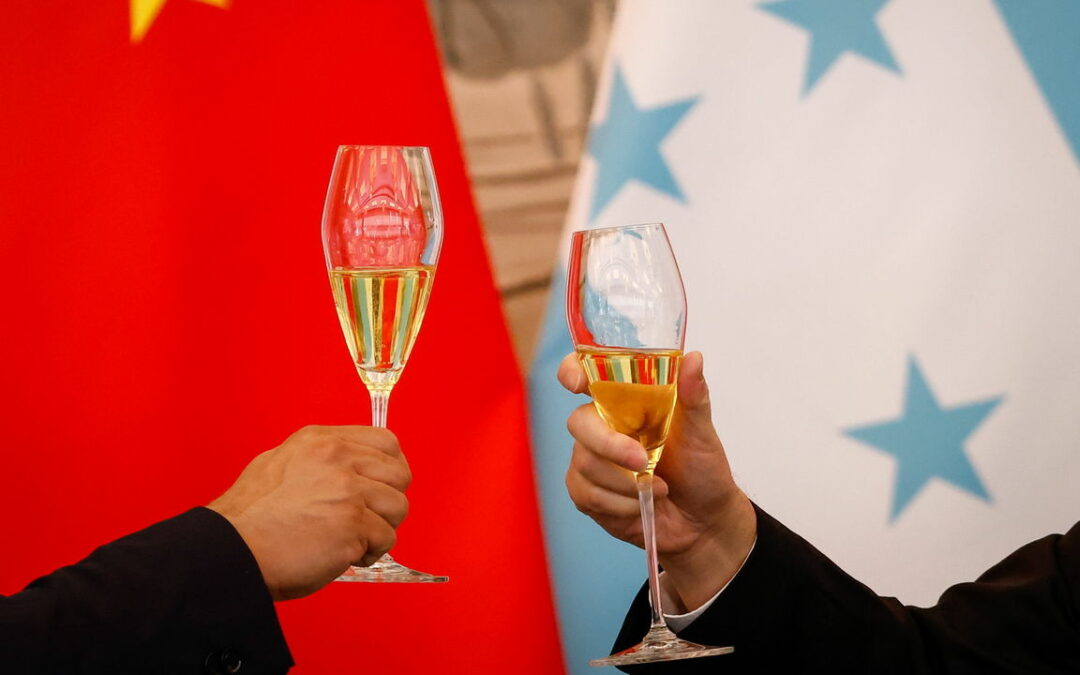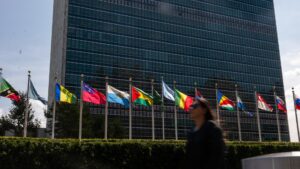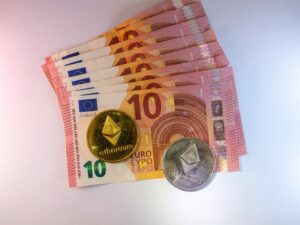TAIWANESE PRODUCTS power everything from iPhones and fridges to guided missiles. The island makes more than 60% of the world’s semiconductors. It also plays a crucial role in the great-power contest between China and America. Yet for such an important place few countries recognise its government. Just 13 have diplomatic ties with Taiwan, most of them small states in the Caribbean, Latin America, and the Pacific. And the number is dwindling: since 1990 at least 15 countries have cut diplomatic ties with Taiwan—most recently Honduras, on March 25th—and around 50 since the 1970s. Why is the island losing its friends?
The answer lies in Taiwan’s long-running confrontation with China. Taiwan was a Japanese colony for 50 years until Japan’s defeat in the second world war, when it was handed back to the Nationalist government of mainland China. That government then lost a civil war to the Communists and in 1949 fled to Taiwan, still claiming to be the legitimate government of all of China. The Communist Party contested this. It has stuck to the view that Taiwan is part of Chinese territory, and that only the Communist Party has the right to rule China. It refuses to establish diplomatic relations with countries that recognise Taiwan’s claims. After the UN expelled Taiwan in 1971, and gave China’s permanent seat on the security council to the Communist government in Beijing, more countries abandoned Taiwan. America cut diplomatic ties with the island in 1979, when it recognised the government in Beijing.
When it began, this diplomatic competition was about who ruled China. Both governments accepted that Taiwan was part of China, over which each claimed sovereignty. But over the years, Taiwan has changed. It long ago abandoned hope of reconquering the mainland, and no longer claims sovereignty over it. So it would accept countries having diplomatic relations with both it and the government in Beijing. But that is anathema to China, as it would lend support to the idea that Taiwan is in law what it has been in practice since 1949: an independent country.
China has since picked off Taiwan’s remaining official partners, partly by “chequebook diplomacy”—offering countries cash or loans to switch allegiances. Honduras, for example, said it would cut ties with Taiwan because it was “drowning” in debt and wanted the extra investment that China offers. China ended a brief truce in its war of diplomatic attrition when Tsai Ing-Wen, an independence-minded president, was elected in Taiwan in 2016.
China also uses more underhand methods to win over Taiwan’s friends. David Panuelo, the outgoing president of Micronesia—which currently recognises China, but is considering switching to recognise Taiwan—describes offers of bribes by China to politicians, including envelopes of cash and trips in private jets. China may withdraw carrots, as well as proffering them. One option is to divert its legions of free-spending tourists. If carrots don’t work, out comes the stick. Mr Panuelo claims to have received threats against his personal safety from Chinese officials.
Taiwan is not averse to using carrots of its own. In March 2023 it promised Micronesia a $50m gift, plus annual payments of $15m, to switch allegiances. American diplomatic messages revealed by Wikileaks allege that Taiwan paid government officials from Nauru, a tiny Pacific island, a monthly stipend in exchange for support. And like China, Taiwan offers the children of foreign leaders scholarships at its universities.
With so few diplomatic partners, Taiwan can afford to be lavish with them, but the days when it could compete with China in a bidding war for diplomatic recognition—as in the 1970s, when its fast-growing economy was dubbed the “Taiwanese miracle”—are gone, says Graeme Smith of the Australian National University in Canberra. Many countries now depend on China for trade, making the country’s economic threats more credible than those from Taiwan. With China’s wallet growing ever larger, Taiwan may instead need to hope that historical ties help to sustain the loyalty of its few remaining diplomatic partners.
Though Taiwan is losing official recognition, informal friends have increased their support for the island. It could in theory survive with no official recognition, thanks to the unofficial support it gets, especially from America. The White House is trying to convince countries that still recognise Taiwan, particularly those in Latin America, to stick with it. America says it will abide by its Taiwan Relations Act of 1979, which obliges it to help Taiwan defend itself. But President Joe Biden has appeared to go further, saying that American troops would defend Taiwan from any “unprecedented attack”. Worryingly, that possibility is no longer remote.■









